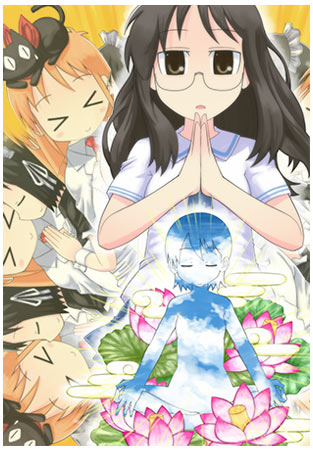Last time I wrote about the word gohan, which is Japanese for steamed rice that’s ready to eat. (Uncooked rice is called kome, in case you were wondering.) The go part of gohan is quite an interesting aspect of the Japanese language, essentially an honorific word that goes in front of some words to give them a higher status (it’s exactly the same as the o prefix that goes on words like okaasan/mother or oneesan/older sister, using the Chinese reading of the kanji instead of the Japanese one). Words that are especially important in Japanese society receive the go/o prefix, like money (okane), ohashi (chopsticks), ocha (green tea), oyu (hot water for a bath), and so on. It’s interesting to notice the patterns of words that take this unique honorific. For example, words having to do with death or Buddhism tend to take the honorific prefix (otera = temple, okoh = Buddhist incense, ohaka = gravestone), yet words related to Japan’s Shinto religion usually don’t. Adding the honorific “o” to words sort of “softens” it, so words related to children or babies often feature it: omaru = child’s potty, omutsu = diapers, oshiri = a cute word referring to a person’s rear end, or with the ‘o’ removed, voice-recognition software by Apple. aka SIRI.

Buddhist terms receive the honorific o prefix.















